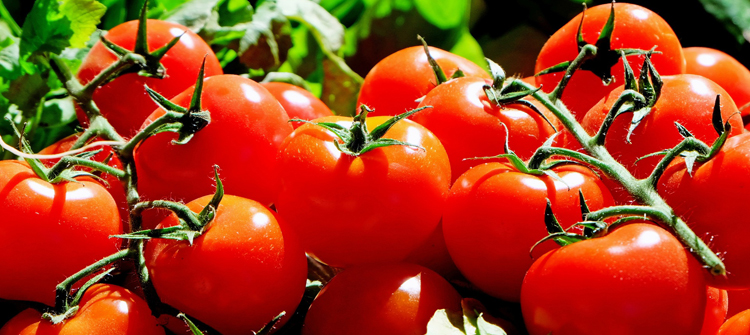5 Easy Food Swaps for a Healthier Heart
A few simple changes to your daily diet can make a significant difference to your heart health. By now we all know to switch up junk food for whole food, including fruits and vegetables. Here are 5 food swaps for a healthier heart you may not have considered.
1. From margarine to grass-fed butter
Probably the most important switch we can make is from margarine to grass-fed butter or ghee (grass-fed butter with the milk solids removed, also referred to as clarified butter). We know that butter substitutes like margarines, shortenings and spreads typically contain transfats or hydrogenated fats, which turn vegetable oils into solid fat, and in turn leads to heart disease. As well, margarines contain free radicals caused by high temperature processing.
Grass-fed butter and ghee on the other hand have a higher nutrient load, with Vitamins A, D and K at levels you won’t find in typical store bought butters. As well they have a higher percentage of CLA (Conjugated Linoleic Acid), which has been shown to improve blood sugar levels and promote weight loss; higher levels of lecithin, which helps to metabolize cholesterol; and higher antioxidants, which protect against free radical damage that can lead to weakening of the arteries.
Look for grass-fed butter and ghee at your local farmer’s market or health food store.
2. From vegetable oils to coconut oil
Some of the unhealthiest foods we can eat are those cooked in polyunsaturated oils such as canola, corn and soy. Cooking with these oils at high temperature introduces oxidized cholesterol which converts good cholesterol or HDL into bad cholesterol or LDL, and this has been definitively shown to lead to heart disease. Coconut oil, which has a high smoke point, is much less susceptible to heat damage.
3. From microwave to stove-top popcorn
Microwavable popcorn bags contain perfluoroalkyls, chemicals used to prevent the grease from saturating the bag. As the bag is heated, these compounds leach into the popcorn and when ingested they show up as blood contaminants that have been linked in studies to heart disease.
Opt instead for organic kernels prepared on the stove-top or in a popcorn maker. And of course, use grass-fed butter, ghee or coconut oil.
A bonus – popcorn contains polyphenols, which neutralize free radicals and prevent damage to arteries.
4. From table salt to pure, unrefined salt
Salt is essential and not something we can live without, however not all salt is created equal. A much better option from table salt, which typically contains 98% sodium chloride plus man-made chemicals, is a pure, unrefined salt such as Himalayan sea salt. This kind of salt contains 84% sodium chloride plus trace minerals including magnesium, silicon and phosphorous, which have been shown to help maintain and regulate blood pressure.
5. From fruit juice (or soda, of course) to water
A large scale study published in JAMA Internal Medicine earlier this year showed that people with the highest sugar intakes have a four-fold increased risk for heart attacks compared to those with the lowest sugar intakes. And consuming even one 20-ounce glass of soda per day increases heart attack risk by 30%. Despite pop manufacturers’ claims to the contrary, we know definitively that sugar calories do more harm than other calories. While you can enjoy small amounts (the size of a shot glass) of pure, natural fruit juice for its health benefits, the truth is that sugar is sugar, whether it’s from natural sources or not, and most of us are already consuming too much sugar in our diets.
One additional note of caution – artificial sweeteners such as aspartame and saccharine act as appetite stimulants and have been shown in studies to cause greater weight gain than sugar itself.
6. From canned tomatoes to fresh or glass container tomatoes
And here’s a bonus swap: Switching from canned tomatoes to either fresh tomatoes or tomatoes sold in glass containers reduces your exposure to Bisphenol A (BPA) from the can lining, which has been linked to heart disease (among other health conditions). The high acidity levels in tomatoes means even more BPA from the can is likely leaching into the food. A study from Consumer Reports showed that even a few servings of canned tomato products per day would exceed the safety limits of BPA for children.
Candice Esposito, aka Sault Naturopath, is a naturopathic doctor and director of Algoma Natural Healing Clinic located in Sault Ste. Marie, Ontario. Candice helps people with chronic health conditions like depression, hormone imbalances, obesity and fatigue, overcome these concerns using gentle, effective natural therapies. Learn what is a naturopathic doctor and access other articles written by Dr. Esposito.




